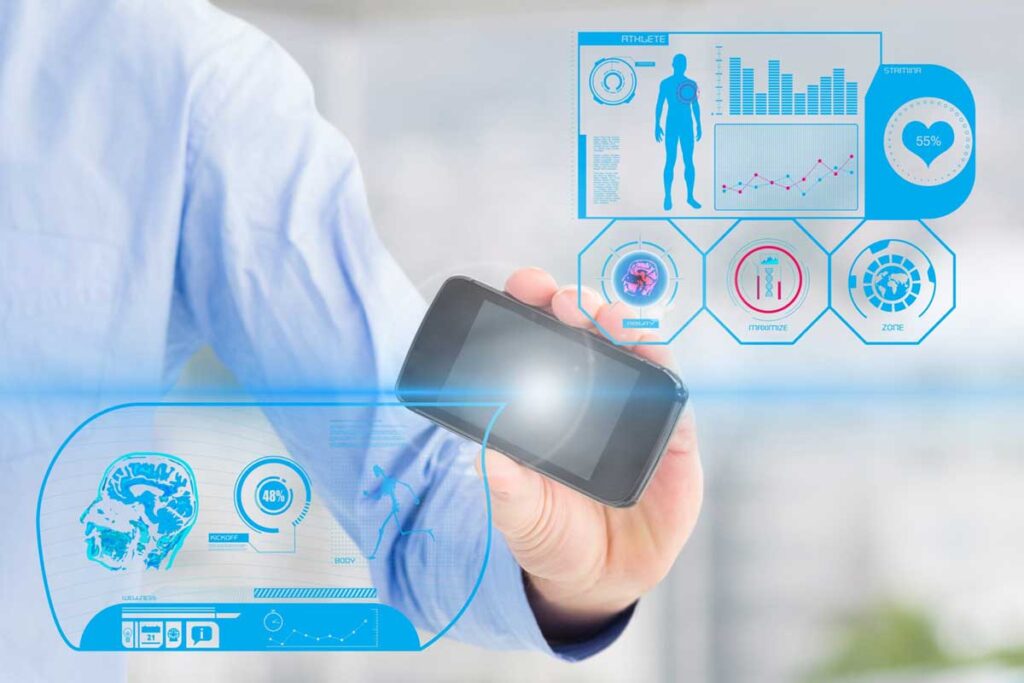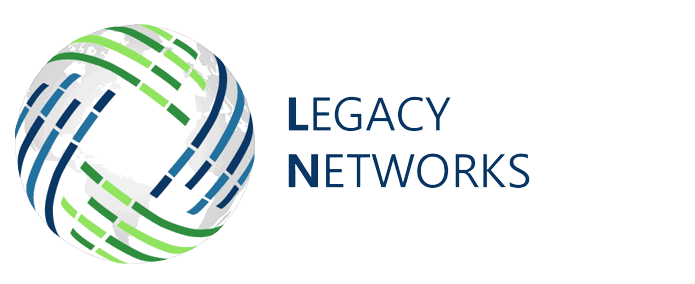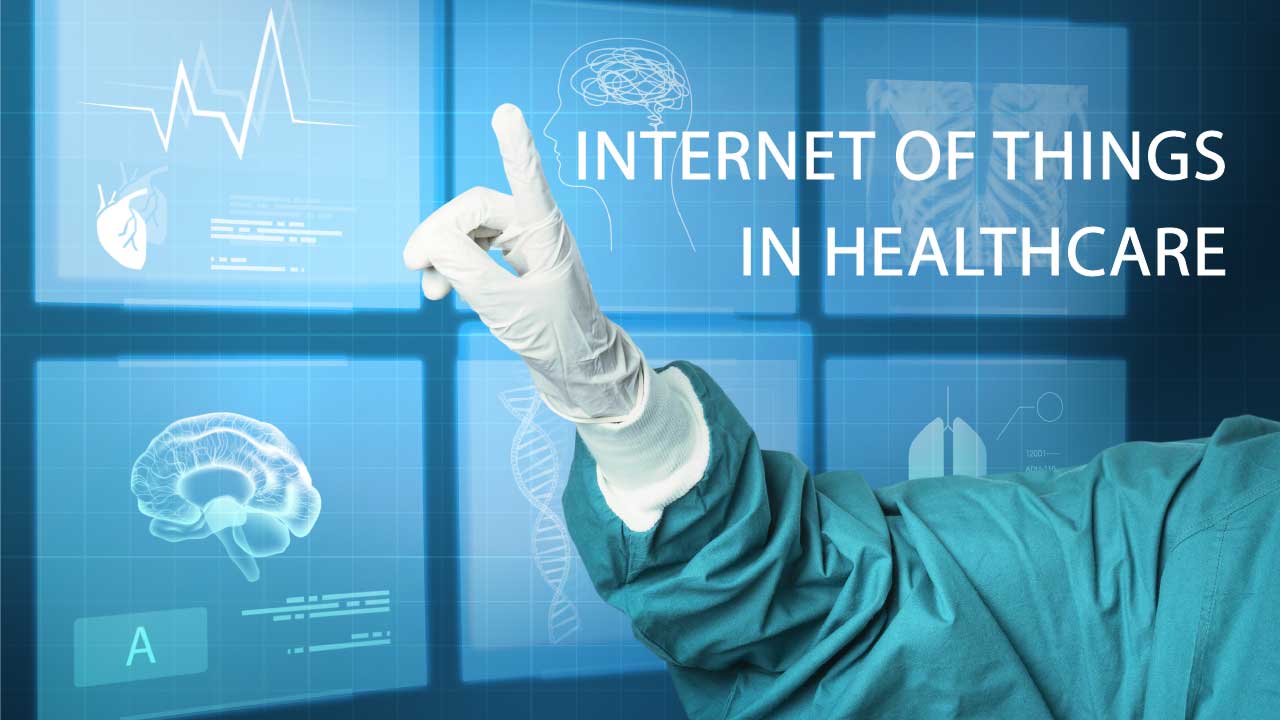Impact of Internet of Things in healthcare industry
The use of the Internet of Things (IoT) has caused a revolutionary change in the healthcare industry. The Internet of Things (IoT) offers the ability to link devices, collect and analyze data, and enable seamless communication between medical staff, patients, and equipment. This blog article will examine the enormous Impact of internet of things in healthcare industry, with a particular emphasis on how it may revolutionize medical care, increase efficiency, and enhance patient experience.
Enhanced Patient Care
Real-time data gathering and remote monitoring made possible by the Internet of Things in healthcare have revolutionized patient care. Wearables, medical sensors, and implantable devices that are part of the Internet of Things (IoT) are capable of continually monitoring vital signs, tracking medication adherence, and offering important health-related data for patients. The ability to recognise early warning signals, act quickly to intervene, and offer specialized treatment regimens is made possible by this.

Patients may be remotely monitored with the help of IoT-enabled devices and an M2M Sim Card, which shortens hospital stays and makes it possible for patients to get care in the convenience of their own homes. IoT-driven smart pill dispensers, for instance, can remind patients to take their pills, ensuring adherence to treatment programmes and lowering the chance of medication mistakes.
Streamlined Medical Operations
IoT technology improves processes, boosts productivity, and lowers costs to streamline hospital operations. Systems for managing inventory that are IoT-enabled may track and monitor medical supplies, ensuring that hospitals and clinics have enough on hand and reducing wastage. This lessens the possibility of shortages or surplus inventory while assisting healthcare institutions in providing timely care to patients.
IoT in the healthcare Industry, gadgets may also help with asset tracking and maintenance of machinery. In order to minimize downtime and guarantee the availability of dependable equipment for patient care, connected medical devices can provide real-time notifications to healthcare practitioners when equipment needs service or calibration.
For example, smart home devices connected to IoT networks can monitor air quality, humidity levels, and temperature, creating a healthier living environment. IoT-enabled smart refrigerators can help individuals track their nutrition, suggest healthy meal options, and even order groceries automatically.
Moreover, IoT devices can be integrated into wellness programs and incentivize healthy behaviors. For instance, fitness challenges and rewards based on physical activity levels can motivate individuals to stay active and lead healthier lives.
The efficient use of resources and patient movement inside healthcare institutions is another important use of IoT. Through the use of IoT technology, real-time location systems (RTLS) may track patient mobility, keep track of wait times, and offer insights to improve operational effectiveness. Hospitals may pinpoint bottlenecks, reorganize processes, and enhance patient satisfaction by analyzing this data.
Improved Healthcare Outcomes
IoT has the potential to have a big influence on healthcare outcomes due to its capacity to gather and analyze enormous volumes of data. Healthcare professionals may learn a lot about patient health trends, population health, and disease management by using IoT devices.
Healthcare practitioners may find trends, spot abnormalities, and anticipate possible health hazards with the use of real-time data gathered by wearable technology and medical sensors. This makes it possible for proactive interventions, preventative care, and treatment programmes that are specifically suited to the needs of each patient.
The internet of things in healthcare also makes it easier for medical professionals to share data and work together, which results in more precise diagnosis and better-informed treatment choices. Having access to a patient’s medical history, test findings, and treatment plans allows healthcare workers to better coordinate care while also lowering the risk of medical mistakes.
Conclusion
The healthcare industry is undergoing a change thanks to the Internet of Things (IoT), which is also simplifying and enhancing healthcare operations and patient care. Healthcare personnel are better equipped to deliver individualized treatment, improve operational efficiency, and make knowledgeable decisions thanks to IoT-enabled equipment, remote monitoring, and real-time data collecting through the IoT Management Platform.
A new age of linked healthcare, better patient outcomes, and a more effective and efficient healthcare system will usher in as IoT develops and has a greater impact on the healthcare industry. The Medical is positioned to benefit from the IoT in the healthcare industry, which will help improve everyone’s access to healthcare and change the course of medicine.






